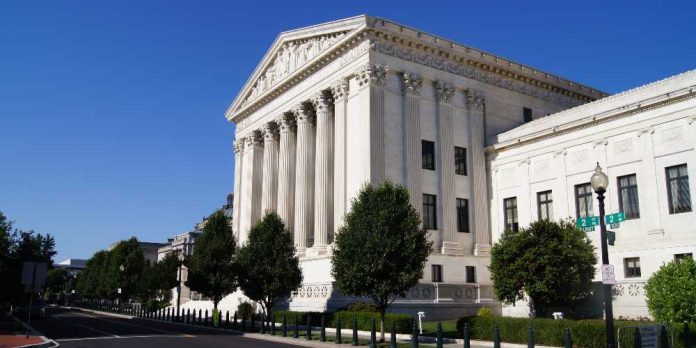At first glance it may not be clear how a Supreme Court case on adoption ties to tribal gambling, however, a SCOTUS decision last week on the matter reaffirmed the tribal sovereignty at the core of the industry.
In a decision penned by Justice Amy Coney Barrett, the court upheld the Indian Child Welfare Act (ICWA). The law was signed into effect in 1978 after an investigation revealed that a large number of Native American children were being forcibly removed from their biological homes and put up for adoption by white families.
The recent court challenge alleged that it was racial discrimination to give preference to Native American families in tribal adoptions over other races. The other aspect of the legal challenge was that the law undermined the state’s role in family law matters with a federal mandate.
By a vote of 7-2, the court determined that the case had no standing in the court because the law was not in violation of the Constitution. Because of the nature of that ruling, the racial aspect of the case technically remains unanswered since the court deemed the plaintiffs had no standing.
Justices Clarence Thomas and Samuel Alito dissented in the matter, suggesting that tribal protections only apply to trade and commerce, not families.
“Today, the Supreme Court once again ruled that ICWA, heralded as the gold standard in child welfare for over 40 years, is constitutional. Today’s decision is a major victory for Native tribes, children, and the future of our culture and heritage. It is also a broad affirmation of the rule of law, and of the basic constitutional principles surrounding relationships between Congress and tribal nations. We hope this decision will lay to rest the political attacks aimed at diminishing tribal sovereignty and creating instability throughout Indian law that have persisted for too long. The Court once again demonstrated that it understands the legitimacy of ICWA and what it means for tribes, families, and children. By ruling on the side of children’s health and safety, the U.S. constitution, and centuries of precedent, the justices have landed on the right side of history. With these latest political attacks on ICWA now behind us, we hope we can move forward on focusing on what is best for our children,” said Cherokee Nation Principal Chief Chuck Hoskin Jr.
The upholding of ICWA bodes well for similar laws such as the Indian Gaming Regulatory Act, which similarly imposes a federal mandate on the state activity of gambling. The law firm for the plaintiffs in this case, Gibson Dunn, has represented a number of commercial casino clients like Caesars Entertainment, IGT, and MGM. They argued this case pro bono.













